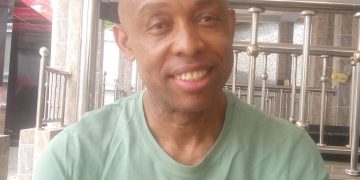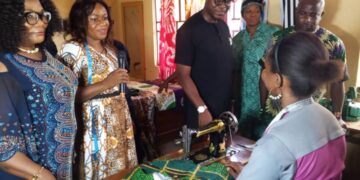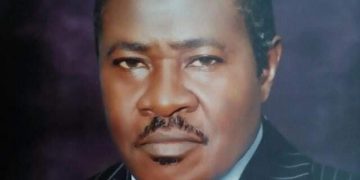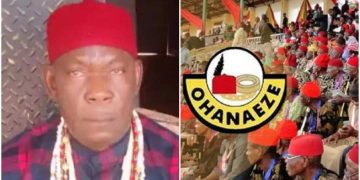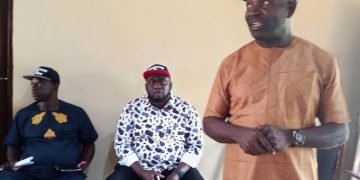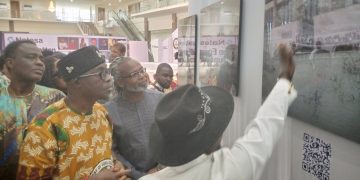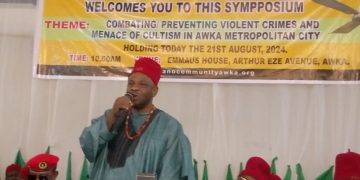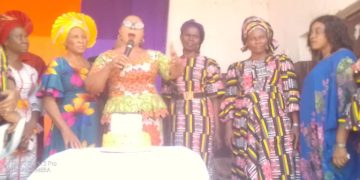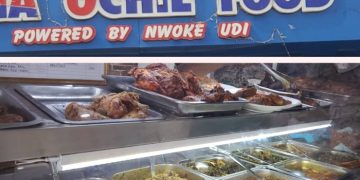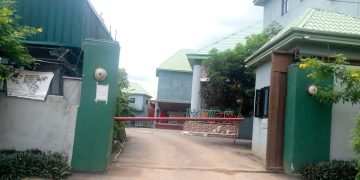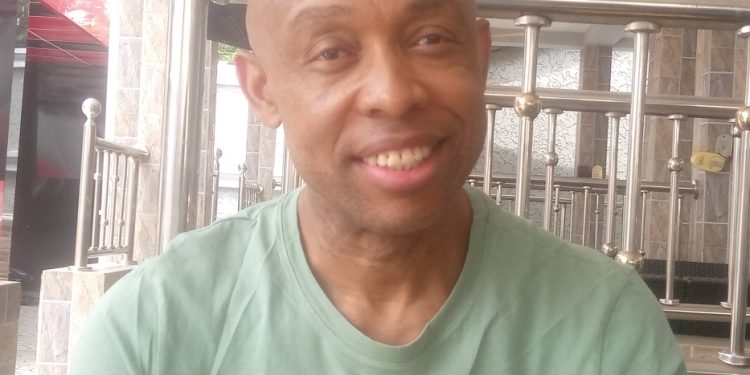Anambra Peace Commission Urges sincere, Open-minded Approach To Southeast Insecurity
The Anambra Truth, Justice and Peace Commission (ATJPC), has said that good understanding of insecurity challenge in the Southeast and genuine intention to address it are the surest ways to restore peace in the region.
Prof. Chidi Odinkalu, Chairman of the Commission, said this in an interview with journalists in Awka on Tuesday.
Odinkalu said poor response and reduction of the complex contributory factors to a single narrative have not only resulted in more deaths and destruction of properties, but also made the security situation in the region worse rather than ameliorate it.
He said it was time the violent response gave way to non-kinetic approach and civil society engagement.
Odinkalu commended Gov. Chukwuma Soludo for setting up the ATJPC which started a 14-day public hearing on the causes, impact of the violence in the state as well as recommendations from affected persons and communities.
He said the Commission met with over 100 interest groups, including community leaders, security agencies, faith-based organisations, none indigenes of Anambra, drivers, market people and herbal doctors during its inception phase.
According to him, different people have different levels of understanding of the problem. That is why it is important to find a common baseline and a shared analysis of what the situation is all about.
“We made some recommendations which are contained in our inception reports, submitted in February. The recommendations led to the setting up a Bureau of Missing Persons by the Anambra government in April.
“There are also other institutional adaptations that will result from that reports; these include establishing a Safety and Environmental Commission to ensure that our forests are conserved as assets and not converted to platforms for violent operation,” he said.
Odinkalu identified some major factors responsible for violence and killings in Anambra as tussle for traditional rulership, tussle for leadership of Town Unions, control of Community development funds and political patronage as well as resource control.
He said the problem of insecurity in Southeast was beyond the proscribed Indigenous People of Biafra (IPOB) and the Eastern Security Network (ESN) as these other factors were responsible for greater percentage of the violence in the region.
According to him, “the hottest spot of killings in the Southeast as we speak is in Idemili, particularly Idemili North, which has the largest population density in the Southeast.
“In these places, you don’t have IPOB, as the criminal gangs there will ensure IPOB does not survive because their survival will put the criminal gangs out of business.
“These are more endemic than the IPOB problem but nobody wants to deal with it. The Ozubulu massacre does not have anything to do with IPOB. It was a transnational drug crime but nobody has called for accountability for that.
“For us in the Commission, there are different dimensions to this issue of violence in the Southeast, which have been reduced to a single narrative and we have got to address that narrative.
Odinkalu said insecurity in Southeast had become an avenue for people to make money instead of addressing the fundamental problems.
“The Commission would like to appeal for greater interest by Federal officials and the Federal Government in understanding and addressing these issues which do not lend themselves to money making, that is the problem.
“If you tell somebody you want money to run an operation to root out IPOB in a particular village, they will give you money for quick action and you will make money very quickly,” he said.
